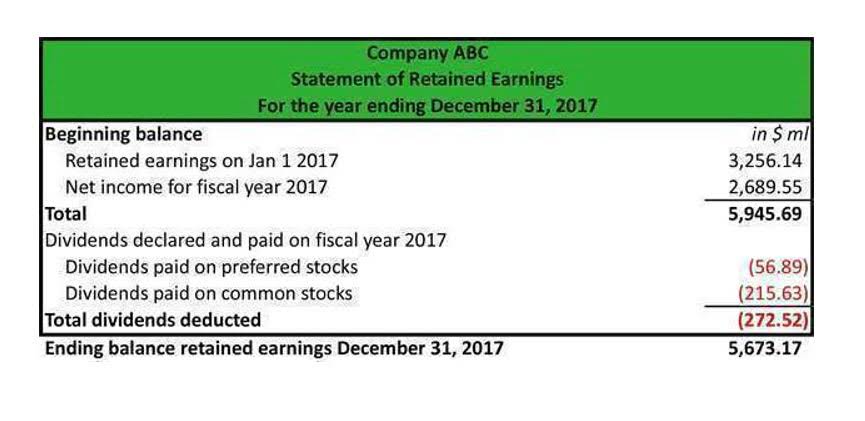
[ad_1]
If retirees’ financial circumstances were altered, many would make different decisions—including starting saving earlier, maxing out retirement accounts, and living within their means.
A Nationwide Financial survey of 1,000 U.S. consumers ages 60 to 65 found a range of concerns, expectations and lessons learned about retirement planning. Many interviewees highlighted the discrepancy between their expectations and actual experiences in retirement.
Almost a quarter of respondents (23%) said they expected to need less money than they actually needed. Nearly one in five (18%) said they mistakenly believed they could work however they wanted.
An overwhelming majority of people have proven advice for their younger selves: start saving early (63%), start planning early (41%), don’t live within your means (34%) and create a budget (24%).
Among the actions most beneficial to retirement security, retirees cited working with a financial professional, starting saving early, maximizing retirement plan contributions and taking advantage of automatic contribution increases.
“Start saving early — the message cannot be conveyed enough,” said John Carter, president and chief operating officer of Nationwide Financial Corporation.
On the other hand, bad investments, extravagant purchases, using retirement savings early and waiting until after age 30 to start saving are considered to be the measures that have the greatest impact on retirement security.
If Carter were to give financial advice to his younger self, he said he would offer the same wisdom he tries to pass on to his children: Maximize contributions to 401(k)s, Roth IRAs and health savings accounts, and work with a financial professional person.
“Max, max, max,” Carter said. “I can’t say it enough. Many younger employees don’t contribute enough for the company to match their retirement plans. That’s just missing out.”
perception and reality
The advice survey respondents would give to their younger selves highlights the gap between the reality faced by current retirees and the expectations of those aged 60 to 65 who are still working.
Current workers underestimate the proportion of their income that will be spent on basic living expenses in retirement. The survey found that they expect to spend 42% of their income on food, housing and other basic expenses, while retirees actually spend 53% of their income on these expenses.
According to the survey, a total of 77% of respondents who are currently working said they expect to be comfortable in retirement, while only 68% of current retirees actually feel comfortable.
Nationwide Financial Corporation said the survey found more than two-thirds of current retirees (64%) stopped working earlier than planned, which could impact what are typically important years of saving for retirement. The average retirement age is 60, but the average expected retirement age is 67.
Another 36% of retirees said they received less Social Security benefits than expected.
One way to plan for retirement is to visit SSA.gov Understand your Social Security benefits and how much you will receive, depending on when you start receiving benefits. You can collect Social Security as early as age 62, but if you wait, you’ll receive more each month. For people born in 1960 and later, the full retirement age is 67.
“You should know what your benefits are,” Carter said, adding, “You should know that number before you retire.”
The health of Social Security should be a concern for current and future retirees. If Congress does not act to protect the program over the next decade, benefits will be reduced by 23%.
read: Social Security now doesn’t expect to pay full benefits a year earlier than expected
Nearly three-quarters of current retirees (74%) said such cuts would have a “large” impact on their retirement, while 71% of those still working said the same. Only 41 percent of respondents want Social Security to remain in its current form throughout their retirement years.
The survey results show that more than one-third (37%) of people aged 60 to 65 get information about retirement planning from a financial advisor.
Others rely on a variety of sources, including the Internet (39%), friends and family (35%), and resources from employer-sponsored retirement plans (31%). One in 10 older respondents had not sought information on retirement planning at all.
Nearly two-thirds of retirees (58%) choose to withdraw their Social Security security before full retirement age, and one-third (34%) withdraw their retirement savings early. Nearly one in five (17%) risked taxes and other penalties by taking out loans from their 401(k) plans.
“One of the most important tasks of our time is ensuring that American workers understand how their everyday choices impact their financial future,” Carter said. “It’s important for those preparing to retire to have a comprehensive plan that addresses factors such as the right time to collect Social Security, health care and long-term care costs, and ensuring they don’t outlive their income.”
This year is also the beginning of a period known as “Peak 65,” when the United States will see the largest number of 65-year-olds in history—an average of 12,000 people every day.
read: House prices, car loans and Social Security: More than 4 million people will turn 65 this year, and how it will affect you
“For decades, millions of investors have focused on accumulating without planning how to use the money in retirement. In the future, success will depend on whether retirees have enough income to meet their needs, “Carter said.
Carter said that with traditional retirement benefits dwindling and the future of Social Security still uncertain, young savers should focus on the simple things they can control now to set themselves up for success in the future.
“There are reasons to be optimistic,” he said, “but retirement savers need to take action now to ensure success.”
[ad_2]






